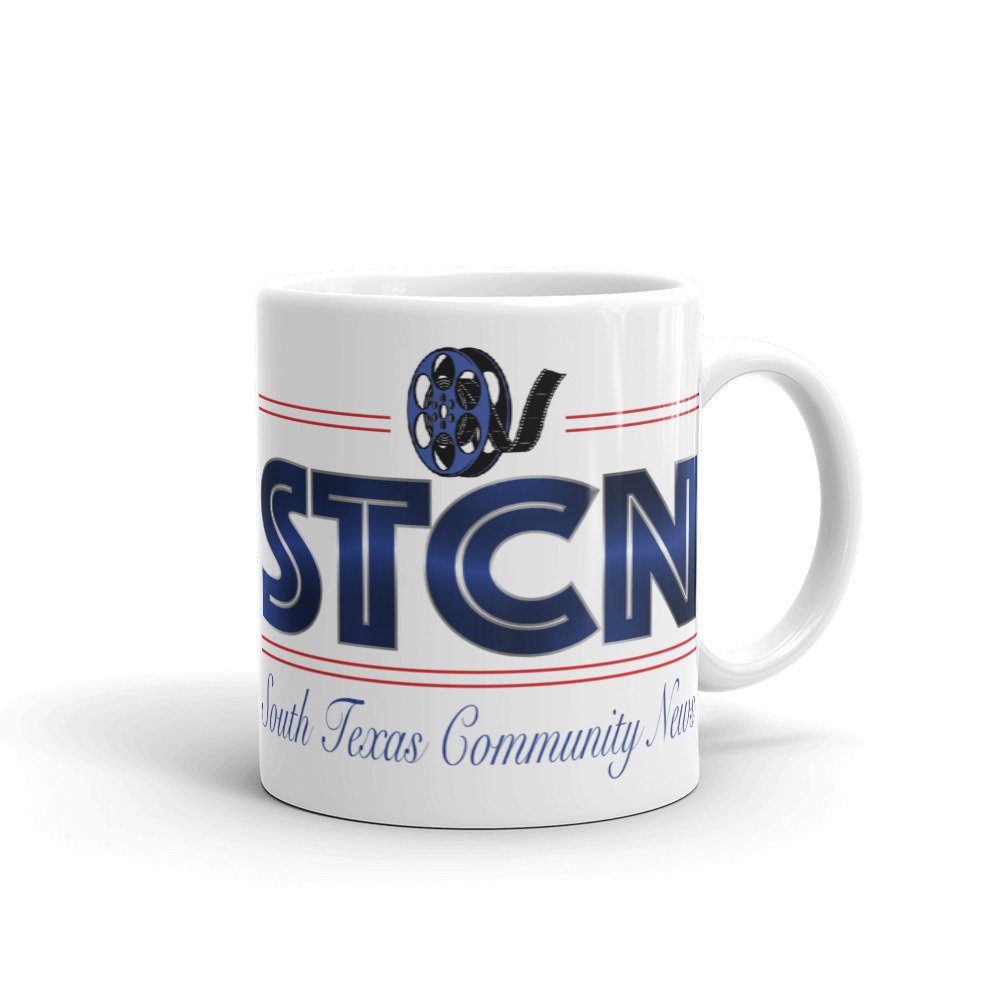Strengthening Supply Chain Security
U.S. Customs and Border Protection
Commissioner Magnus with Jaime Borgiani, Director General for the Direccion Nacional de Aduanas de Uruguay.
ANAHEIM, California - U.S. Customs and Border Protection (CBP) signed a Mutual Recognition Arrangement (MRA) with the customs administration of Uruguay and also signed a Joint Work Plan (JWP) with the customs administrations of Guatemala and Colombia at the Trade Facilitation and Cargo Security Summit.
“These agreements help us work more closely with our international partners to secure and facilitate the supply chain across the globe,” said CBP Commissioner Chris Magnus. “This gives American consumers, workers, and manufacturers confidence in the safety and availability of the products we need.”
For the event, Commissioner Magnus hosted Werner Ovalle Ramirez, Customs Director of Guatemala’s Superintendencia de Administracion Tributaria; Ingrid Diaz, Director for the Direccion de Impuestos y Aduanas Nacionales de Colombia; and Jaime Borgiani, Director General for the Direccion Nacional de Aduanas de Uruguay.
MRAs are bilateral understandings between two Customs Administrations providing a platform for the exchange of membership information and recognizes the compatibility of the respective supply chain security program. A JWP is a document that lays out the path towards MR between the two customs administration’s Authorized Economic Operator (AEO) programs. A JWP shows commitment from both programs, requires high level support, and lays out detailed steps towards MRA. At the completion of a JWP, both customs administrations will determine if an MRA is feasible and should be pursued.
The document, referred to as an “arrangement,” indicates that the security requirements or standards of the foreign industry partnership program, as well as its verification procedures, are the same or like those of the Customs Trade Partnership Against Terrorism (CTPAT) program.
The essential concept of MR is that CTPAT and the foreign Customs Administration program have established a standard set of security requirements which allows one business partnership program to recognize the validation findings of the other program which benefits both Customs Administrations and the private sector participants.
CTPAT is a voluntary public-private sector partnership program which recognizes that CBP can provide the highest level of cargo security only through close cooperation with the principle stakeholders of the international supply chain such as importers, carriers, consolidators, licensed customs brokers, and manufacturers.
When an entity joins CTPAT, an agreement is made to work with CBP to protect the supply chain, identify security gaps, and implement specific security measures and best practices. Applicants must address a broad range of security topics and present security profiles that list action plans to align security throughout the supply chain.
CTPAT continues international efforts with international partners to consistently provide tangible benefits while not compromising security and ensuring trade facilitation.




